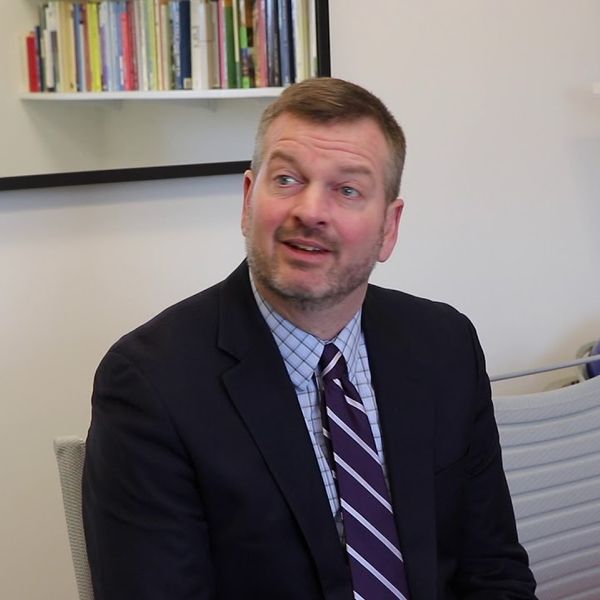
Kurt Gaertner
Adjunct Professor, Metropolitan College
Professor Gaertner joined the BU City Planning and Urban Affairs Program in 2009 and has taught Urbanization and the Environment, Environmental Management and Sustainability, and Urban Sustainability. All of these classes have taken a practical approach using case studies to impart “real world” tactics, tools, and techniques. He is a Certified Land Use Planner working for the Massachusetts Executive Office of Energy and Environmental Affairs (EEA). As Sustainable Development Director he:
- Manages the Gateway City Parks Program that creates and restores urban parks;
- Serves as liaison to MassDOT and the Executive Office of Housing and Economic Development to coordinate energy, environmental, housing, economic development, and transportation policies and programs;
- Develops policies & procedures to ensure that state agencies that permit, build, or fund projects consider consistency with the MA Sustainable Development Principles;
- Completes and implements (with other state agencies, regional planning agencies, and municipalities) Land Use Priority Plans to guide investments and regulations; and
- Helps implement the land use components of the Clean Energy and Climate Plan.
For over ten years, Professor Gaertner has been in the forefront of state land use policy, working to develop and implement smart growth policies and programs. He assisted in the drafting of the Massachusetts Sustainable Development Principles, creation and implementation of the Commonwealth Capital Policy that provided a financial incentive to municipalities to implement smart growth, and the development of the Massachusetts Smart Growth/Smart Energy Toolkit that provides municipalities with model bylaws and other materials. Professor Gaertner previously taught at the “Community Preservation Institute” a joint collaboration between EEA and the University of Massachusetts to educate local officials and other decision makers on land use tools and techniques and how they can be used to achieve sustainable development.